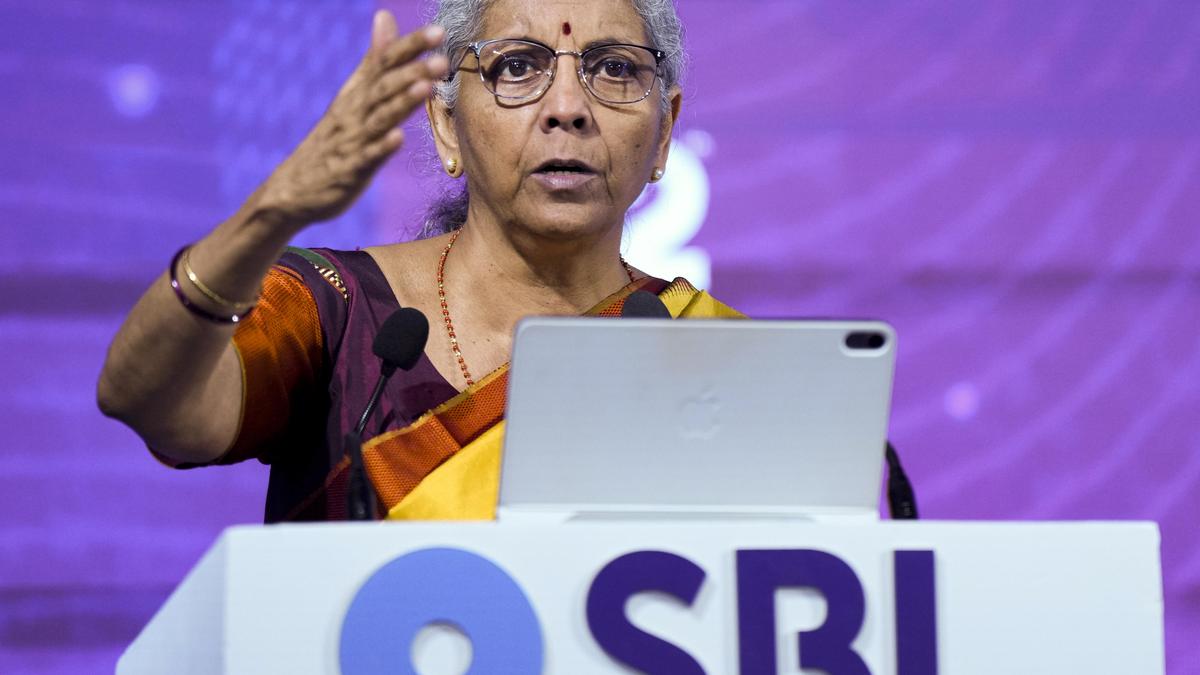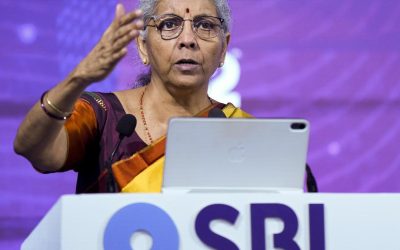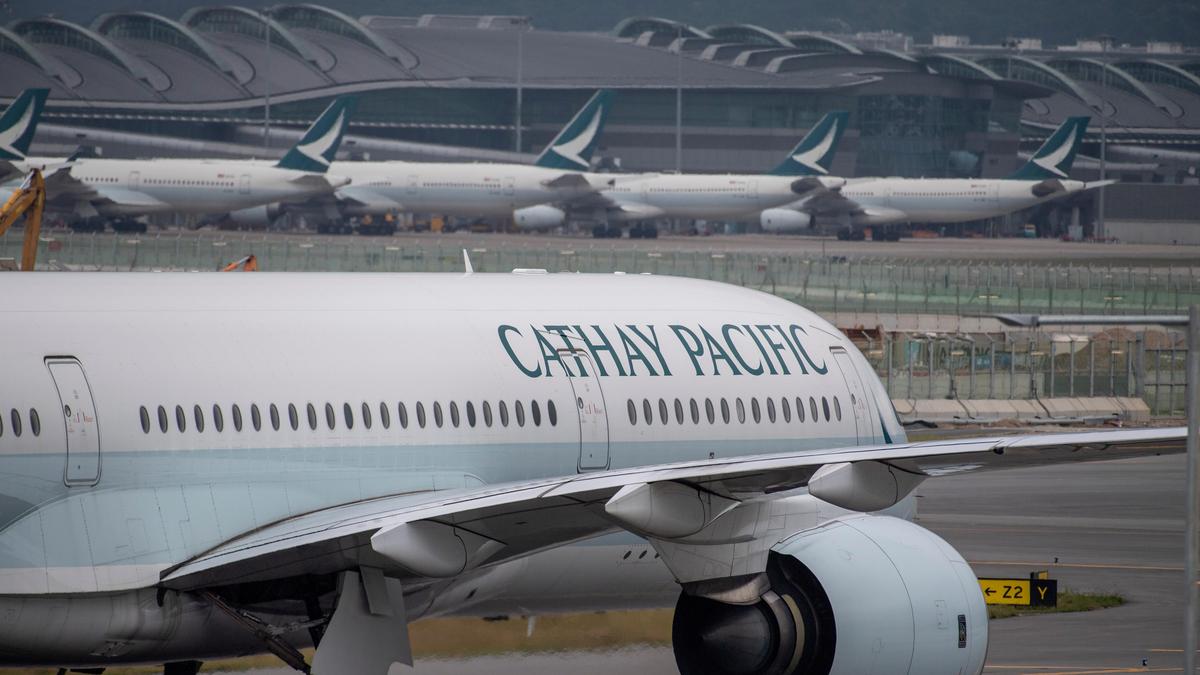India needs a lot of big, world-class banks, talks on with RBI, lenders: FM


Finance Minister Nirmala Sitharaman
| Photo Credit: SHASHANK PARADE
Union Finance & Corporate Affairs Minister Nirmala Sitharaman on Thursday said India needed a lot of big banks, world-class banks and for that, the government had been in talks with the lenders and the Reserve Bank of India (RBI).
“We will have to sit and talk with the Reserve Bank and also with the banks themselves to see how they want to take it forward and also discuss with the RBI about how they have an idea of taking or idea of building larger banks,” Ms. Sitharaman said, while answering a question at the 12th SBI Banking & Economy Conclave in Mumbai.
“So there is a lot of work to do prior to my saying this. That work has already commenced. We are discussing with RBI, we are discussing with banks,” she said.
“It is not by creating from among those which exist today just by amalgamation, that can also be one of the ways but you need an ecosystem and also an environment in which more banks can operate and operate to grow,” she emphasized.
“So, that environment is actually well established in India but I need it to be a bit more timely. So, some work is happening on it,” she added.
Since 2017, the government had been facilitating merger of public sector banks to make them stronger and further consolidation is on in this front.
Also under regulatory supervision private sector banks are being strengthened and foreign banks are being encouraged to invest in Indian banks to improve their capital base as well as bring in higher levels of corporate governance and financial prudence into the banking ecosystem.
Responding to another question on the impact of global uncertainties and protectionism by way of tariff on India she said “I do not want to sound too ambitious or giving a statement of overconfidence but I can very clearly see that India has shown its capability. In spite of global uncertainties people of India have responded to the next generation GST reforms and every sector saw it even on the first day [September 22, 2025].
Earlier while speaking at the Conclave, she said the world was today facing slower globalisation, fragile supply chains, and rising climate transition costs.
“These external shocks test the resilience of our economy and underline the need for stronger domestic capabilities and diversified trade partnerships,” she said.
“To sustain high growth, we must invest in people. Our workforce needs continuous upskilling and reskilling to meet the demands of emerging technologies and global competitiveness, ensuring higher labour productivity and better-quality jobs,” the Finance Minister said.
Emphasizing the importance of access to finance she said industry, especially MSMEs, must have timely and affordable finance. “Deepening our capital markets, promoting risk capital, and easing credit access will be crucial to sustaining entrepreneurship and innovation-led growth,” she said.
Stating that sustained self-reliance required fiscal discipline, she said emphasis must be given for balancing growth spending with fiscal stability to ensure macroeconomic resilience, keep inflation in check, and to preserve investor confidence in India’s long-term growth story.
She said the foundation for developed India (Vikshit Bharat) in 2047 had been laid in 2014 [after Narendra Modi became Prime Minister] and since then there had been all round development and improvement across sectors.
Published – November 06, 2025 09:08 pm IST




